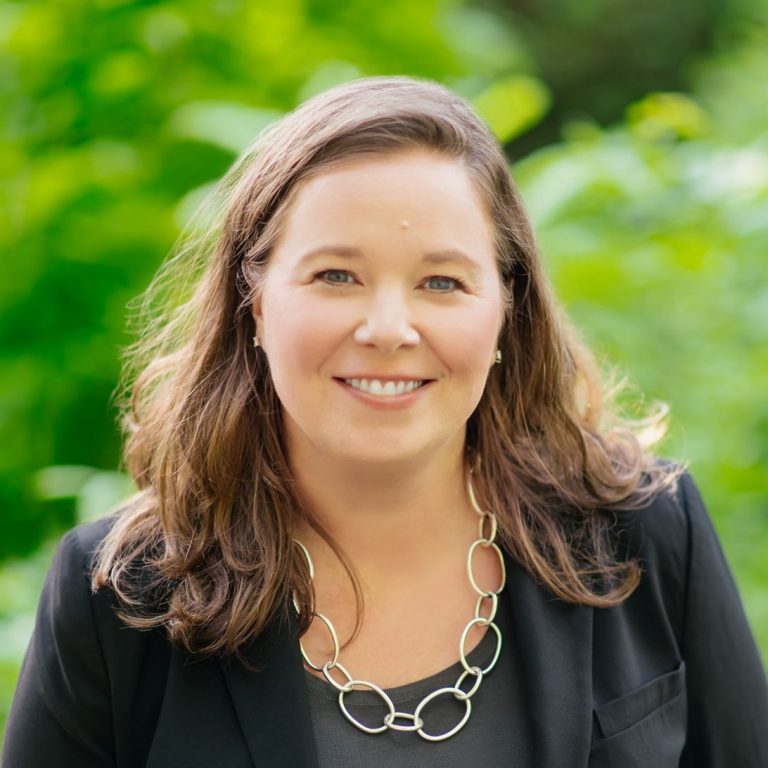Gov. Evers Signs Executive Order Creating Task Force on the Healthcare Workforce, Appoints Lieutenant Governor Chair
Governor’s task force announced in State of the State address to create action plan to address chronic challenges in the state’s healthcare industry, bolster healthcare workforce
MADISON — Gov. Tony Evers, as previewed in his 2024 State of the State address, today signed Executive Order #220 to create the Governor’s Task Force on the Healthcare Workforce. The task force will be charged with studying the workforce challenges facing the state’s healthcare system, including recruitment and retention, identifying ways to improve patient care and alleviate the burdens on the healthcare workforce, exploring educational and training pathways to grow a sustainable healthcare workforce, and creating an action plan with solutions related to workforce development, industry innovation, education, and training for consideration in the governor’s 2025-27 biennial budget.
Gov. Evers today also announced Lt. Gov. Sara Rodriguez, who is a registered nurse and holds master’s degrees in nursing and public health, will lead the task force as its chair. Before being sworn in as Wisconsin’s 46th lieutenant governor and prior to her time in the Wisconsin State Assembly, Lt. Gov. Rodriguez was an experienced healthcare executive and held various leadership roles in healthcare, public health, and population health management, including founding her own healthcare consulting business and serving as vice president of Population Health and Integrated Care Management at one of the largest healthcare systems in the Midwest, as an epidemic intelligence service officer with the Centers for Disease Control and Prevention, and as the chronic disease director for the state of Colorado.
“As Gov. Evers said during his State of the State address, whether it’s launching programs to break down barriers for folks getting their start as a nurse or direct care professional or declaring it the Year of the Worker and prioritizing efforts to support and stabilize some of our state’s most hard-hit industries, our administration is leading by example,” said Lt. Gov. Rodriguez. “As a nurse and public health professional myself, the opportunity to lead this new task force is one that I am excited to take on, but I don’t take it lightly. As leader of this new task force, we will work to focus on ways we can not only bring more qualified, talented workers to our state but keep them here, too.”
This comes as Gov. Evers also declared 2024 the Year of the Worker in his 2024 State of the State address and announced new efforts by the Evers Administration to build a workforce prepared to meet the needs of a 21st-century economy, including creating this task force, launching the state’s first teacher apprenticeship pilot program, and establishing the Office of Employee Engagement and Retention for the state of Wisconsin workforce, which will focus on recruiting and retaining state employees.
During Gov. Evers’ tenure as governor, Wisconsin’s unemployment rate has hit records lows, reaching an all-time low of 2.4 percent in April 2023, and Wisconsin continues to have an unemployment rate below the national average and a labor participation rate above the national average. Still, with historically low unemployment and high workforce participation, coupled with a shrinking labor pool caused by several long-term factors, Wisconsin’s small businesses, farmers and producers, hospitals and healthcare sectors, schools, and other critical employers and industries continue to face significant challenges filling available jobs.
According to a 2023 report from the Wisconsin Hospital Association, Wisconsin’s overall hospital vacancy rate increased from 5.3 percent to 9.9 percent between 2020 and 2021 and signaled the first nursing shortage in the state since 2007. Further, the coronavirus pandemic exacerbated the healthcare workforce shortage by putting significant pressure on Wisconsin’s facilities and professionals, resulting in higher burnout and professionals leaving the healthcare industry. A National Council for State Boards of Nursing research report found that 100,000 nurses nationwide left the workforce during the pandemic, with almost 900,000 stating they intend to leave the healthcare workforce by 2027. DWD estimates that if no remedial action is taken, the growing healthcare workforce shortage, coupled with slow population growth and an aging population that is not only retiring but also requiring additional medical care, will face a potential deficit of 20,000 nurses by 2040.
After Republicans rejected the vast majority of the governor’s proposed investments to address these challenges in his 2023-25 biennial budget, Gov. Evers called the Legislature into a special session to take up his meaningful, comprehensive plan to address the state’s longstanding, generational workforce challenges. This plan included $100 million to bolster the state’s healthcare workforce through the successful Workforce Innovation Grant Program, as well as nearly $60 million to address the healthcare workforce shortage, including:
- $10 million for the nurse educators program, which provides incentives for nursing professors to stay in Wisconsin to teach the next generation of nurses;
- $6 million for the WisCaregiver Careers program, which aims to address the shortage of certified nursing assistants in the state by supporting recruitment, training, and retention of individuals to care for nursing home residents across Wisconsin;
- More than $1.5 million for the Qualified Treatment Trainee Grant Program, which facilitates the licensure and certification of those obtaining or already possessing a graduate degree in psychology, counseling, marriage and family therapy, social work, nursing, or a closely related field;
- $17 million for the healthcare opportunity grants, which help folks that have been struggling with employment outcomes since the pandemic;
- $22.5 million for healthcare innovation grants, which would help healthcare providers implement best practices and innovative solutions to increase worker recruitment and retention; and
- More than $1.2 million for graduate medical training support grants.
While Republican lawmakers have failed to address the urgent needs faced by this industry and take up the governor’s special session plan, last year, the Evers Administration, together with UW Health and Madison College, was proud to launch one of the country’s first-ever Registered Nurse apprenticeship pathways. The first round of students to embark on this innovative pathway to a career in nursing began their studies in August. Additionally, the Evers Administration also launched a new initiative, developed in partnership with the University of Wisconsin-Green Bay, to train over 10,000 certified direct care professionals to address the state’s shortage of caregivers. More information on this free, self-paced program is available here.
A copy of Executive Order #220 is available here.
An online version of this release is available here.
NOTE: This press release was submitted to Urban Milwaukee and was not written by an Urban Milwaukee writer. While it is believed to be reliable, Urban Milwaukee does not guarantee its accuracy or completeness.
Mentioned in This Press Release
Recent Press Releases by Gov. Tony Evers
Gov. Evers, DNR Announce 2025 Urban Forestry Program Grant Recipients
Dec 13th, 2024 by Gov. Tony EversGrants will help increase urban forest canopy, improve quality of life and public health























